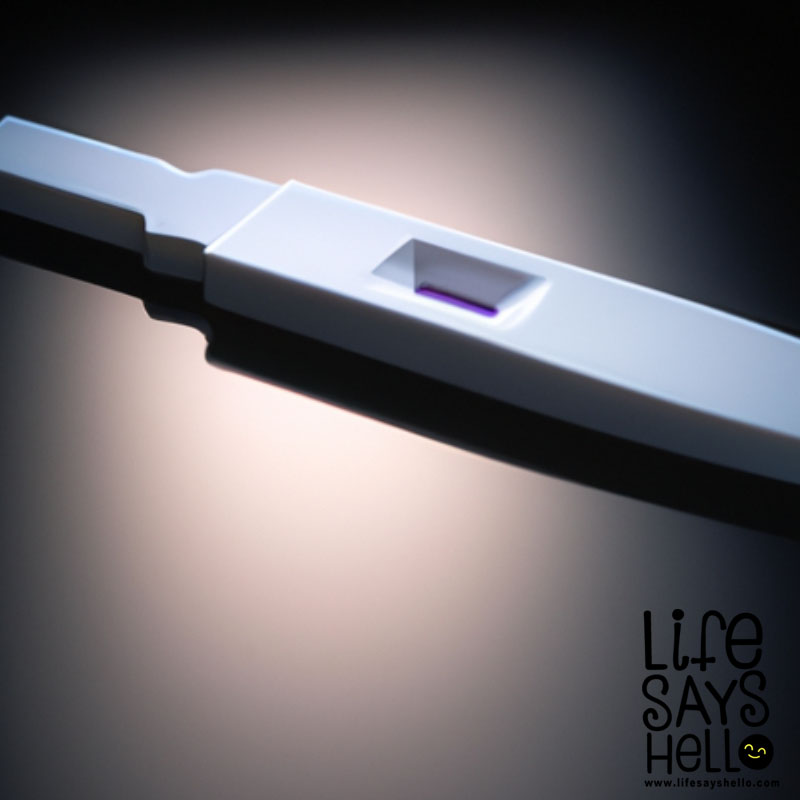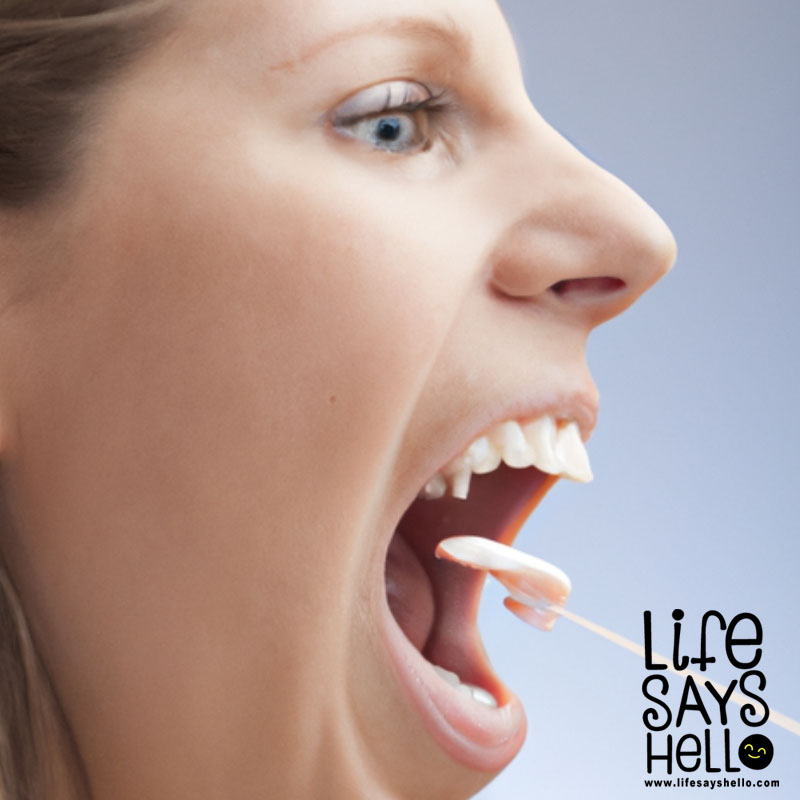Yeast Infection, Late Period, and Negative Pregnancy Test: Everything You Need to Know

Yeast infections, late periods, and negative pregnancy tests are all common health concerns that women face at some point in their lives. Yeast infections are caused by an imbalance of bacteria in the vagina, while a late period can be caused by a myriad of factors, including stress, hormonal imbalances, and pregnancy. If you’re experiencing both of these symptoms and have taken a pregnancy test that came back negative, it can be confusing and stressful.
In this article, we’ll explore the possible reasons for yeast infection, late period, and negative pregnancy test, as well as what you can do to find relief.
Understanding Yeast Infection
Yeast infections are caused by an overgrowth of yeast in the vagina. While yeast is naturally present in the body, an overgrowth can occur due to a number of factors, such as hormonal changes, antibiotics, and high levels of stress. Symptoms of a yeast infection include itching, burning, and discharge. While yeast infections are not usually serious, they can be uncomfortable and even painful.
Late Period Causes and Symptoms
A late period is a common concern for many women, and it can be caused by a variety of factors. Stress, hormonal imbalances, and pregnancy are all common causes of a late period. Other symptoms of a late period include cramping, bloating, and breast tenderness.
Negative Pregnancy Test: Causes and What it Means
A negative pregnancy test can be confusing and worrying, especially if you are experiencing symptoms of pregnancy, such as a late period and breast tenderness. However, a negative pregnancy test can also be caused by several other factors, such as testing too early, using a faulty test, or having an ectopic pregnancy.
Possible Reasons for Yeast Infection, Late Period, and Negative Pregnancy Test
There are several reasons why a woman may experience yeast infection, late period, and negative pregnancy test at the same time. Stress, hormonal imbalances, and antibiotics are all common culprits. Additionally, certain medical conditions, such as polycystic ovary syndrome (PCOS), can cause these symptoms.
What to Do if You Have Yeast Infection and Late Period with Negative Pregnancy Test
If you are experiencing a yeast infection, late period, and negative pregnancy test, it’s important to seek medical advice. A healthcare provider can perform a physical examination and run tests to determine the underlying cause of your symptoms. Depending on the cause, they may recommend treatment options such as medication or lifestyle changes.
Effective Home Remedies for Yeast Infection
If you are experiencing a yeast infection, there are several home remedies that may provide relief. One of the most effective remedies is to use probiotics, which can help restore the natural balance of bacteria in the vagina. Other remedies include using tea tree oil or apple cider vinegar and avoiding the use of scented products.
Prevention Tips for Yeast Infection
While yeast infections can be difficult to prevent, there are several steps you can take to minimize your risk. These include wearing breathable underwear, avoiding scented products, and practicing good hygiene. Additionally, reducing stress and consuming a healthy diet can help to keep your body in balance and prevent yeast overgrowth.
In conclusion, experiencing a yeast infection, late period, and negative pregnancy test can be worrying and confusing.
However, it’s important to seek medical attention if you are experiencing these symptoms. By understanding the causes and taking steps to prevent future occurrences, you can find relief and maintain your overall health and well-being.




Comments